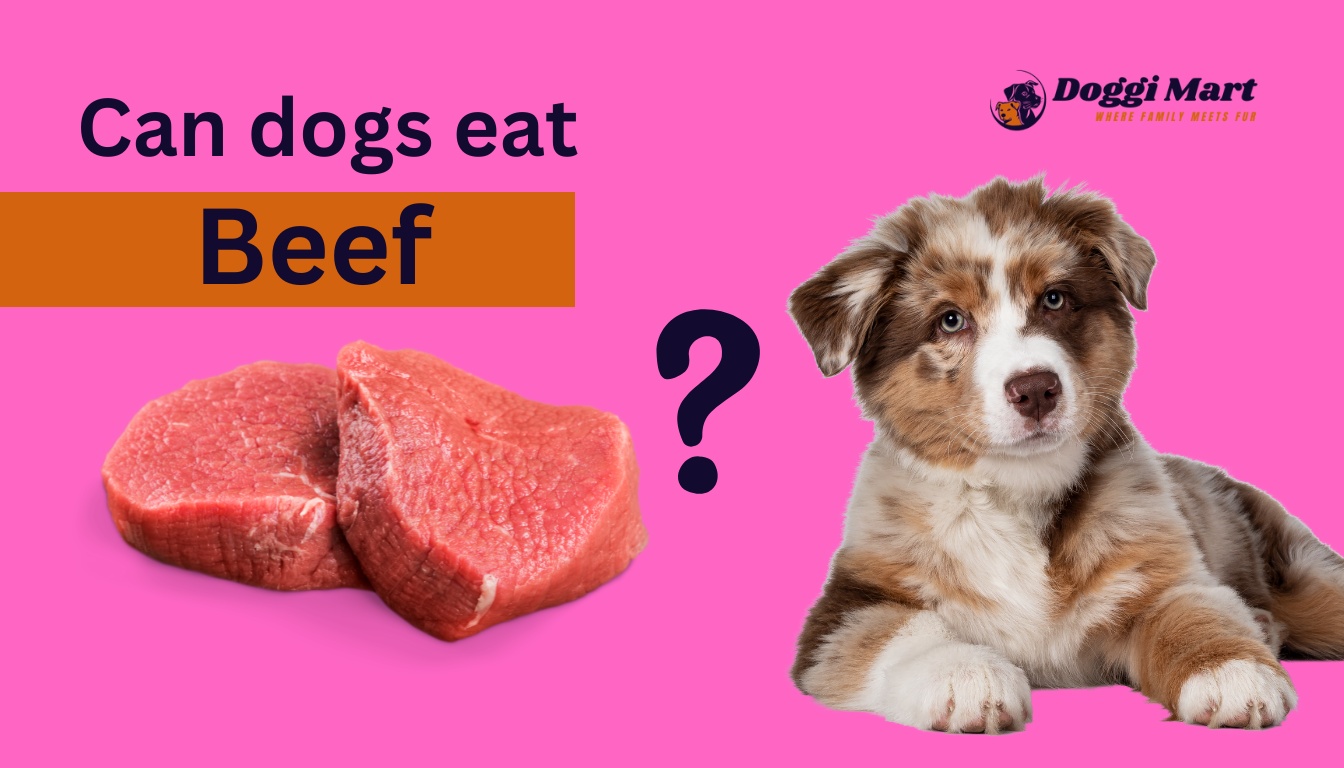
It’s a familiar — and terrifying — scene for many dog owners: you walk into the room and discover that your dog has raided your chocolate stash. Panic sets in, and one question runs through your mind — will my dog die from chocolate?
The truth is, chocolate can be extremely dangerous for dogs, depending on the type of chocolate, the amount consumed, and your dog’s size. While a tiny nibble of milk chocolate might not always be fatal, even a moderate amount of dark or baking chocolate can lead to serious chocolate toxicity in dogs — and yes, in some cases, it can be deadly.
As loving pet parents, it’s crucial to understand the risks of chocolate poisoning in dogs, recognize the symptoms, and know what to do immediately if your dog eats chocolate. The earlier you act, the better your dog’s chances of a full recovery.
⚠️ Why Is Chocolate Toxic to Dogs?
Chocolate contains two major stimulants that are toxic to dogs: theobromine and caffeine. Dogs process these compounds slowly, allowing toxic levels to build up in their systems.
Theobromine is especially harmful. It affects the heart, central nervous system, and kidneys. The darker and more bitter the chocolate, the more theobromine it contains, making it more dangerous.
Also Read: Is Peanut Butter Good for Dogs? Benefits, Risks, and Safe Feeding Tips
🍫 Types of Chocolate and Their Toxicity Levels
| Chocolate Type | Theobromine Level | Toxicity to Dogs |
|---|---|---|
| White Chocolate | Very Low | Minimal Risk |
| Milk Chocolate | Moderate | Risky in Large Quantities |
| Dark Chocolate | High | Dangerous |
| Baking Chocolate | Very High | Extremely Toxic |
✖️ How Much Chocolate Is Toxic to Dogs?
The toxic dose of theobromine is about 20 mg/kg for mild symptoms, 40-50 mg/kg for serious issues, and over 60 mg/kg can be fatal.
Example:
A 30-pound (13.6 kg) dog would only need to eat:
- ~1 oz of baking chocolate for severe symptoms
- ~3.5 oz of dark chocolate for moderate symptoms
No amount of chocolate is considered safe. Always err on the side of caution.
🚨 Symptoms of Chocolate Poisoning in Dogs
Symptoms typically appear within 6 to 12 hours and can last up to 72 hours.
- Vomiting
- Diarrhea
- Hyperactivity or restlessness
- Pacing
- Rapid breathing or panting
- Muscle tremors
- Increased heart rate
- Seizures
- Collapse or coma
🩺 What to Do If Your Dog Eats Chocolate

Do not wait for symptoms. Take immediate action:
- Estimate the type and amount of chocolate consumed.
- Determine your dog’s weight.
- Call your veterinarian or the ASPCA Poison Control at 1-888-426-4435.
- Follow instructions — you may be asked to bring your dog in.
🧠 Treatment for Chocolate Poisoning in Dogs
Veterinary treatment varies based on the situation and time since ingestion.
Common treatments include:
- Induced vomiting
- Activated charcoal
- IV fluids
- Medications to manage symptoms
With prompt treatment, recovery is likely. Delay can be fatal.
🧾 Myths vs. Facts About Dogs and Chocolate
| Myth | Reality |
|---|---|
| A little chocolate won’t hurt. | Even small amounts can be dangerous depending on the chocolate type and dog size. |
| White chocolate is just as dangerous. | White chocolate contains very little theobromine. |
| Only small dogs are at risk. | Large dogs are also at risk with large amounts of chocolate. |
✅ How to Prevent Chocolate Poisoning in Dogs
- Keep chocolate out of reach
- Educate family and guests
- Don’t share human treats
- Use dog-safe alternatives like carob
🧳 Real-Life Stories: What Other Pet Owners Learned
Story 1: Max the Beagle
Max ate a full dark chocolate bar. He became restless and vomited. Thanks to quick vet action, Max recovered fully.
Story 2: Bella the Golden Retriever
Bella ate milk chocolate cookies. Her owner called the vet immediately. After activated charcoal treatment, she was fine.
❓ FAQs About Dogs and Chocolate
- Q1: Will one bite of chocolate hurt my dog?
- It depends on the type and your dog’s size. Even one bite can be risky for small dogs.
- Q2: How long does chocolate poisoning last?
- Symptoms may last 24 to 72 hours.
- Q3: Is there an antidote?
- No, only supportive care is available.
- Q4: Can I treat my dog at home?
- No. Always seek veterinary help.
- Q5: What if my dog seems fine?
- Call your vet — symptoms can be delayed.
📅 Conclusion
Chocolate may be a sweet treat for humans, but for dogs, it can be life-threatening. Know the dangers, recognize symptoms, and act fast to protect your dog.
If your dog eats chocolate:
- Act immediately
- Call your vet or poison control
- Don’t assume they’ll be fine
Bonus Tip: Save your vet’s number and ASPCA hotline in your phone — seconds matter.
To check toxicity:
Use this Chocolate Toxicity Calculator to assess the risk to your dog




















